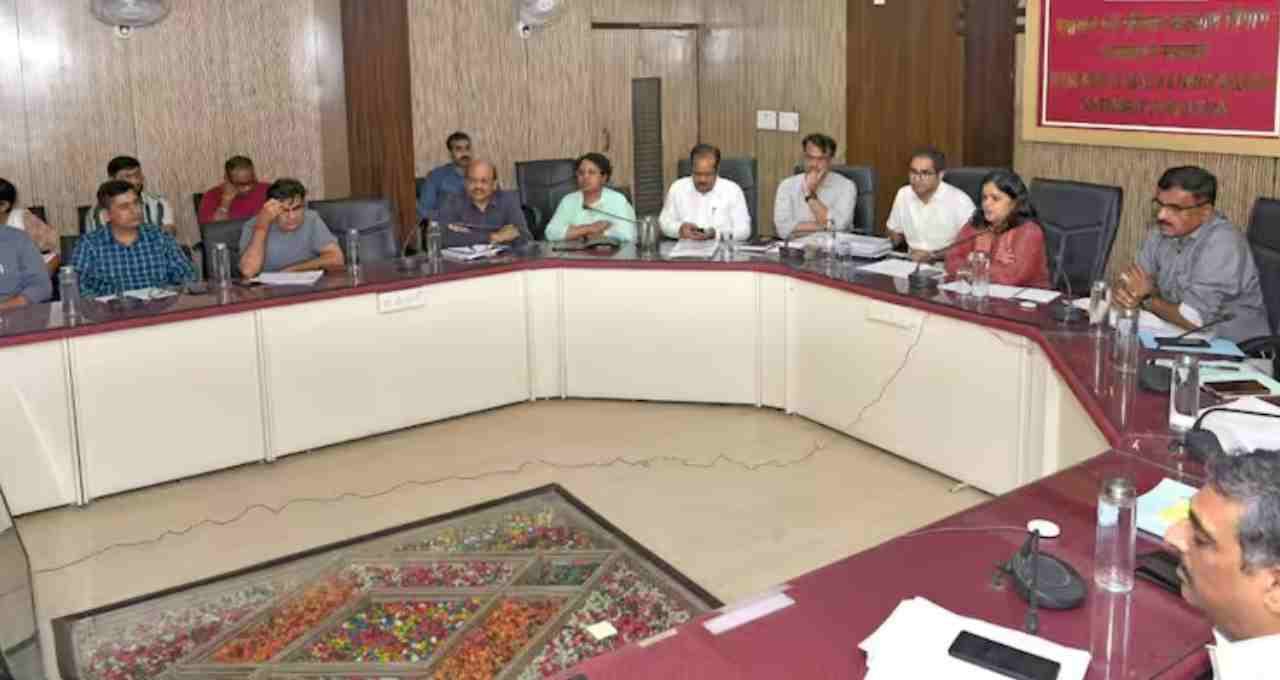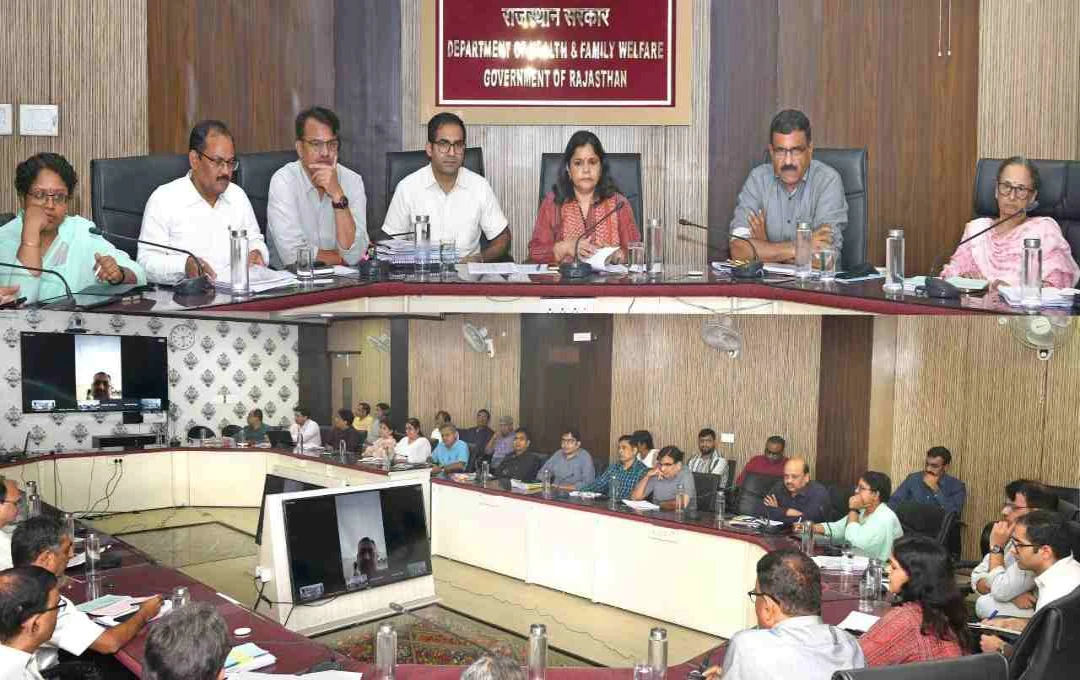The Rajasthan government has now adopted a strict stance regarding dilapidated and repairable medical buildings in the state. Following clear instructions from Chief Minister Bhajanlal Sharma and Medical Minister Gajendra Singh Khinvsar, intensive inspections of health centers have commenced.
Jaipur: The Rajasthan government has taken a significant step regarding dilapidated and dangerously situated medical buildings in the state. "Entry Prohibited" signs will now be placed on these dilapidated buildings, and their use will be immediately discontinued. This decision has been taken keeping the monsoon season in mind, when the risk of accidents in weakened structures increases.
These instructions have been issued by the Medical and Health Department on the orders of Chief Minister Bhajanlal Sharma and Medical Minister Gajendra Singh Khinvsar. Gayatri Rathore, Principal Secretary of the department, gave strict instructions to officials in this regard during the weekly review meeting on August 5, 2025.
Intensive Inspection of Government Medical Institutions to be Conducted
The Principal Secretary has directed the medical officers of all districts in the state to conduct intensive inspections of government hospitals, community health centers, and primary health centers in their respective areas. Buildings found to be in extremely poor condition should be immediately taken out of use, and a "Dilapidated Building – Entry Prohibited" board should be placed on them.
Furthermore, officials have been ordered to prioritize building repair and maintenance work. A warning of strict action has also been issued against any kind of negligence.
Risk of Accidents During Monsoon, Priority to be Given to Repair Work

Gayatri Rathore said that the possibility of incidents such as roof collapses or wall collapses increases in weak and dilapidated buildings during the monsoon season. In such a situation, repair and maintenance of buildings should be given top priority to avoid any potential accidents. The status of seasonal diseases was also reviewed in the meeting.
The Principal Secretary directed that intensive screening and anti-larval activities should be conducted in areas affected by vector-borne diseases such as malaria and dengue. All districts were ordered to ensure the availability of necessary insecticides, testing kits, and medicines, and to take action as per the protocol.
Special Emphasis on the Progress of the TB-Free India Campaign
While reviewing the TB-Free India campaign in the meeting, it was found that the desired progress in screening and reporting has not been achieved in some districts. Special instructions were given to such districts to accelerate the campaign and regularly update the data on the TB portal. It should be ensured that patients with TB symptoms receive timely treatment.
Public Health Director Dr. Ravi Prakash Sharma gave a presentation of the district-wise progress, guiding the officials on necessary corrective measures. He also instructed that no officer should leave headquarters without permission, and if any building repairs, medicine purchases, or equipment are required, the proposal should be sent to the directorate promptly.
This decision of the Rajasthan government will not only ensure the safety of medical buildings but will also provide a safe and better working environment for patients and health workers.











